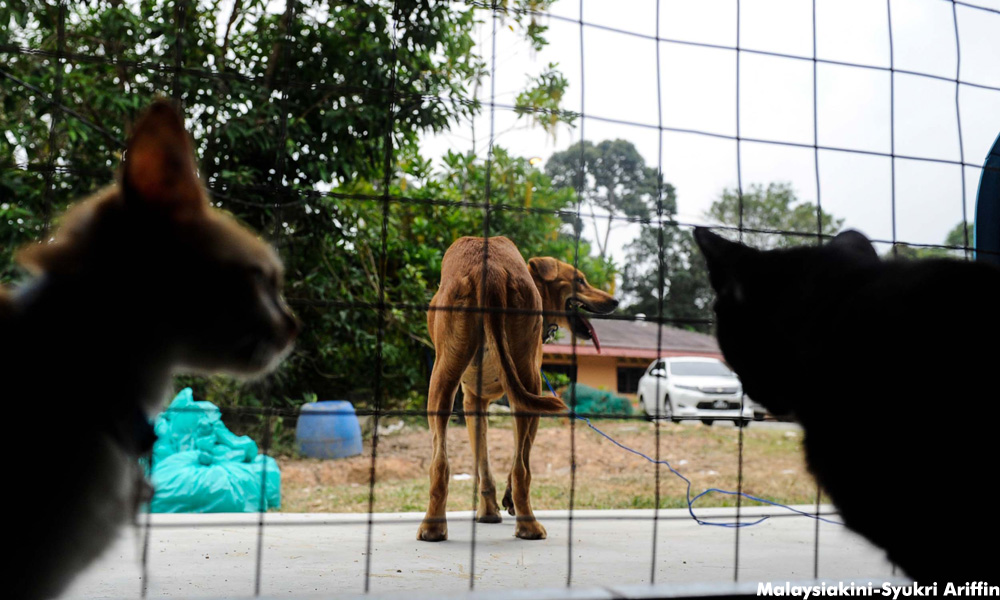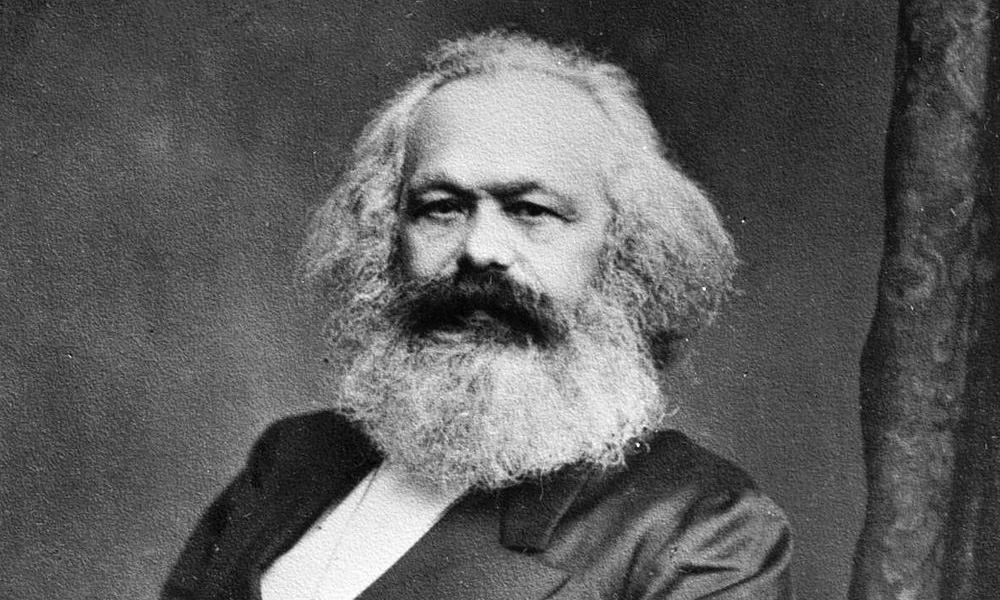“Emancipate yourself from mental slavery, only we can free our own minds,” sang that great Jamaican philosopher Robert Nesta Marley.
And how right he was. From the cradle to the grave we have thoughts, rituals, conventions and obligations imposed on us. We are ordered to accept certain codes of right and wrong, and required to believe mythological stories as religious truths. Faith, they call it, as if there is some great triumph of the human spirit in the blind acceptance of miracles that were allegedly witnessed by others many centuries ago.
Now, don’t get me wrong, for I do actually believe in a moral code. And I am not going to stand here and insist that 2+2=5, or argue about my right to identify as a six-and-a-half foot tall basketball-playing movie star. I do not believe in being subversive or contrarian for the sake of it.
What I do value is my freedom of thought. How I value the ability to look at convention and question it. If ain’t broke, don’t fix it, I’ve been told, but from a young age, I used to ask… why do we all follow this?
I recall this debate I once had with my grandmother, who was trying to persuade me to return to the Catholic church. “Amache, what happens if our holy book is a storybook? Each of us thinks the other religion is wrong, suppose all are wrong? What is the meaning of our lives then?” I asked her.
“Stupid fellow” she shouted in Malayalam and swiftly ended the debate as she chased me around the dinner table, briefly brandishing the Bible as a weapon. I’d like to say I was eight or 12 years old at the time - but actually, I was 23 and into my first year as a journalist!
I have always thought we should not be afraid to challenge orthodoxy. I was told that boys must have short hair and girls are allowed the liberty to choose. Why was that, I asked, particularly as the son of a Christian mother and Hindu father, I grew up surrounded by images of long-haired males as religious icons?

I soon found that when I tried to examine the rationale for most accepted practices of society, I would somehow fail to get the point. Like why it is acceptable to eat some meat but not others. The cat and the dog are arbitrarily assigned “pet” status, while the cow and pig are not.
Arbitrary conventions abound
In fact, we tend to demean these animals (their very names are insults) to dehumanise them and make our brutal treatment and consumption more palatable. This is despite us knowing there are many shared qualities that mammals possess. Who makes these decisions? Incidentally, my solution was to turn vegetarian after grappling with this for about three years.
Arbitrary conventions abound. Boys should wear blue, right? While girls wear pink? Boys wear pants, girls wear dresses. Boys shouldn’t have their ears pierced. At least in most cultures, but there always exceptions. Who decides, and why?
It’s not just social and cultural matters in which a fresh approach brings about significant breakthroughs. Scientific development also happens because of people looking at the possibility of what could be, not being satisfied with what currently exists. Just think about it - aircraft flying came about probably because humans were constantly watching birds and trying to find ways to emulate their motion!
So why then is it such a big deal when someone comes along and tries to think differently by challenging established norms? I guess the social order is intertwined with the power structure and also has been. Indeed the wealthy will find ways to co-opt new religious and political movements so that they reinforce, rather than disrupt, the entrenched order.

When my old friend Karl Marx (photo) said that religion is the opiate of the masses, he wasn’t wrong, for it usually encourages those at the bottom of the food chain to accept their fate obediently by promising justice and prosperity in another life. If that doesn’t make you think, I don’t know what will.
Truly, much that is traditional includes institutionalised prejudice based on gender, skin colour, sexual orientation, caste and economic standing. Dare to think for yourself, said Voltaire, and you will soon find that it is dangerous to be right in matters on which the established authorities are wrong. Indeed, when you truly free your mind and start to think, you will be amazed by just how many are offended by the truth.
Be warned. It can be a lonely journey if you allow your mind to break free. When you start to question, the narrative unravels quickly. I still think we should never enter into any relationship... be it with a romantic partner, an employer or a philosophy... that prevents you from freedom of thought.
Look at our Rukunegara - I had no dispute with its aspirations for our society, but at least two pivotal principles don’t really apply to an egalitarian atheist such as myself. Does that make me a disloyal Malaysian? I think not. But I do constantly feel that I am in the minority, as I have to expend a lot of effort to hide just what I am thinking - lest I get ousted for my heretical, secular humanist beliefs.
So this week, when the absurdity of flying bamboo cars made our news cycle, I had to laugh. Can we ever really think out of the box as Malaysians? I once saw a brilliant design for eco-friendly drainage systems that were based on grass, not concrete. It was designed by students doing their Masters at Universiti Sains Malaysia, but it never came to fruition because we tend to play safe. They do not really wish you to step outside of the box. You can challenge the grand design only so long as you stay within the colouring lines.
It’s a fad to toss out phrases like ‘thinking outside the box’ and ‘game-changers’ and talk about developing a ‘new mindset’. But, most of the time, the applicable cliché should actually be ‘back to square one’.
MARTIN VENGADESAN is a member of the Malaysiakini Team.


I like this.. I'm also an alternate thinker. My daughter and all my friends laughed when I said Thanos, of the Avengers movie, is actually a good guy. Then I explained why I thought that. Think about it, he clears out half the universe so the other half may survive with whatever available resources. Our planet for instance, with a population reaching critical stage where the planets resources won't sustain the number of people, what happens?
ReplyDelete